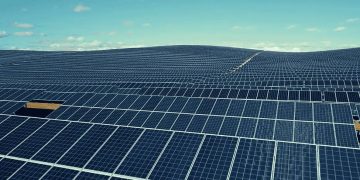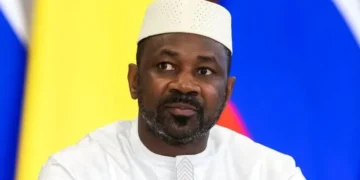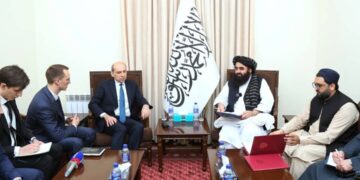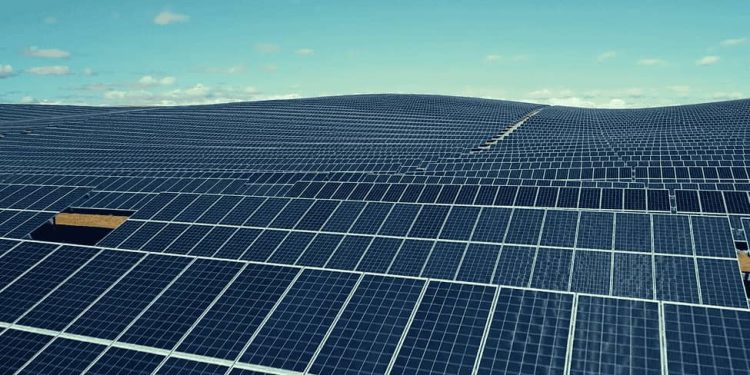By Enyichukwu Enemanna
Zimbabwe and Zambia are holding a summit in Victoria Falls, a Zimbabwean city, to explore ways to attract investment in the energy sector of both countries as they face worst drought ever recorded, an extreme weather condition drying up dams, including the Kariba Dam reservoir, resulting in hours of power shortage.
At the opening ceremony of the Zimbabwe-Zambia Energy Projects Summit, officials from both countries said over-reliance on hydropower causes acute shortage of power, which has recently hit 20 hours, affecting both economies.
The summit is targeted at increasing investment in wind and solar energy generation.
Zimbabwean Vice President Constantino Chiwenga said Zimbabwe and Zambia are well-positioned to benefit from solar and wind power.
“In particular, the potential for solar energy is highly promising,” Chiwenga said.
“Both Zimbabwe and Zambia enjoy abundant sunlight throughout the year. This is the only asset on this Earth we do not pay for. So, let’s use it,” he added.
He is optimistic that more investment in the energy sector will support the construction of large-scale solar project that can generate power for domestic use and export to neighbouring countries.
“These initiatives will not only enhance our national energy security but also position both nations as key players in the regional energy market,” he said.
Zimbabwe and Zambia have started exploring floating solar projects on Lake Kariba.
The hydroelectric dam there was constructed during the colonial era, but drought from El Nino weather condition has left the dam with just about 2% of its water, resulting in several hours of power cuts in both countries.
Zambian Energy Minister Makozo Chikote said that Zambia hopes to raise its push into renewable energy with money from increased copper production.
He announced a target of 3 million metric tons of copper to be produced annually in Zambia by 2035.
“We are at a critical juncture in our countries: energy and mining sectors,” he said. “The demand for electricity and resources continues to grow, and it is imperative that we adopt strategies to meet the challenges head on.”
The countries are looking to the West for potential investors.
Jobst von Kirchmann, European Union ambassador to Zimbabwe, said that investors want predictability in legislation and the courts, but especially in monetary policy.
John Humphrey, British trade commissioner for Africa, echoed the call for stability.
“When we are in the renewable sector, it’s not just about five or 10 years,” he said.
“Actually, you are looking at a much longer period. So, in order to be able to make those sorts of investments, you really have to feel like you are operating in a predictable and stable environment”, he added.



































